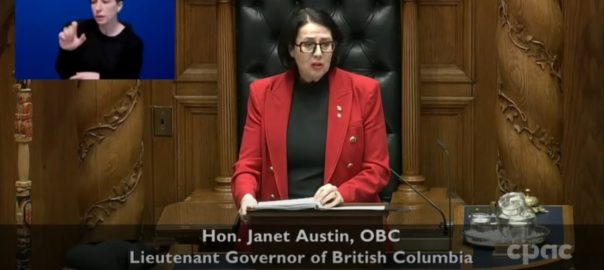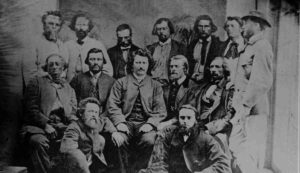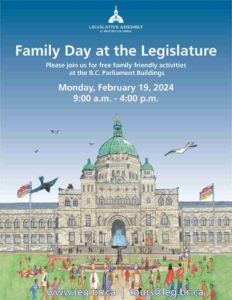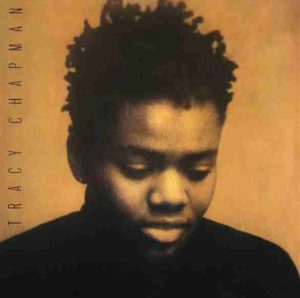This is my family’s last Family Day as a household of four, as we’re expecting a new addition later this year. We’re making the most of it: sleeping in past sunrise and enjoying a nice, long walk without a diaper bag. From my family to yours, happy Family Day! pic.twitter.com/m1OTKNgC2M
— David Eby (@Dave_Eby) February 19, 2024
As of this writing, the British Columbian electorate are 241 days away from our province’s 43rd general election, set to take place on Saturday, October 19th.
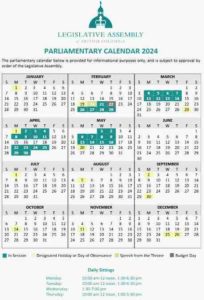
Members of the British Columbia Legislature will sit for a total of 37 days in the spring session.
All 41 minutes and 2 seconds of Lieutenant Governor Janet Austin’s Speech from the Throne
The Throne Speech read in the Legislature by Lt. Gov Janet Austin on Tuesday kicks off a 10-week spring legislative session.
On Thursday, the government will unveil their budget, a compressed timeline in 2024 to accommodate a session that’s two weeks shorter than usual, in this the final session of the Legislature before the upcoming October provincial election.
In the Vancouver Sun, Legislative reporter Katie DeRosa writes, “The throne speech did give a hint that the 2024 budget is expected to be heavy on social spending “because leaving people to fend for themselves does not work. It did not work before. And it will not work now. It would mean deep cuts that weaken the services we rely on.”
In her speech — that was drafted in the Premier’s office — the Lieutenant Governor began her address to British Columbians by emphasizing the actions government is taking, and will continue to take, to boost the number of middle-class homes available across the province.
On Tuesday, Prime Minister Justin Trudeau made a housing funding announcement with B.C. Premier David Eby, and Vancouver Mayor Ken Sim to expand the province’s B.C. Builds programme, to construct between 8,000 & 10,000 units, on an expedited timeline, over the next 5 years.
Programmes like BC Builds were touted as a way the government is reportedly taking underused land, grant money and low-cost financing to lower the cost of construction. On Tuesday, the federal government announced it would invest $2 billion in additional financing into the programme, on top of the $2 billion announced by the province last week.
Lt. Gov Austin also highlighted expanding infrastructure the province is building to accompany the growing housing supply, including projects that are set to increase the region’s SkyTrain network by 27 per cent. Other priorities outlined in the Throne Speech included public health care, such as the addition of hundreds of new doctors and thousands of new nurses in the province in the last year.
Lt. Gov Austin also referred to the medical school being built at Simon Fraser University’s Surrey campus, which will be the first new medical school in Western Canada in more than 50 years. She also alluded to actions the government will continue to take to build on its ten-year cancer plan.
Relieving cost-of-living for British Columbians and leveraging B.C.’s natural resource sector were also mentioned as areas where action will be taken in the upcoming budget, set to be announced Thursday. The Lt. Gov gave B.C. Hydro as an example, as it attempts to expand B.C.’s electrical grid, and the new E-One Moli facility in Maple Ridge where battery production will be ramping up in the province.
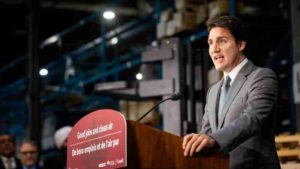
Prime Minister Justin Trudeau at the E-One Moli manufacturing plant in Maple Ridge to announce a billion-dollar battery cell production plant that will produce up to 135 million batteries each year as part of Canada’s push toward clean technology. (Justine Boulin/CBC)
References were also made to the government’s plan to manage the droughts and wildfires continuing to plague B.C.’s warmer seasons.
“The climate crisis is here, we have seen it all around us these last few years,” Lt. Governor Janet Austin said.
One of the highlights of Tuesday’s kick-off to the upcoming Legislative session were the cries — welcomed by Lt. Gov. Austin, mid-speech — of Azalea, the young daughter of British Columbia’s Minister of Emergency Management and Climate Readiness Minister, Bowinn Ma.
She's here! She's here! Baby Azalea has arrived at the BC Legislature. ? #bcpoli https://t.co/cWCYGNkw8f pic.twitter.com/ESuGCUjOJr
— Bowinn Ma (@BowinnMa) February 20, 2024
The response to the Throne Speech by the Opposition B.C. United Party …

Todd Stone, BC United Member of the Legislature for Kamloops-South Thompson; Official Opposition House Leader; and Shadow Minister for Jobs weighed in with …
The NDP Throne Speech well articulates the affordability crisis, healthcare mess and dire public safety / mental health & addiction realities British Columbians are facing … after 7 years of NDP Gov’t … and it’s also breathtakingly devoid of NDP solutions to these challenges. https://t.co/eZ08LvmQB0
— Todd Stone (@toddstonebc) February 21, 2024

John Rustad, B.C. Conservative Party leader (pictured above) had this to say …
“It’s been 16 years of the BC Liberals and now the seventh year of the NDP and we have a crisis in housing, we have an affordability crisis, we have a health crisis, we have a crisis in drugs and crime. The province quite frankly is in crisis.
It’s about time quite frankly that people became the focus of governments rather than what we are seeing, which is ideologies and other types of approaches that have failed every time they have been tried.”
B.C. Green Party leader / Cowichan Valley MLA Sonia Furstenau had this to say …

All said, the David Eby government — despite the slew of ads from B.C. United that cross our dinnertime news programmes, and desultory commentary from the B.C. Conservatives and B.C. Greens — continue to sit in the catbird seat according to the polls, in what would appear to be a near wipe out vote for the opposition parties.

